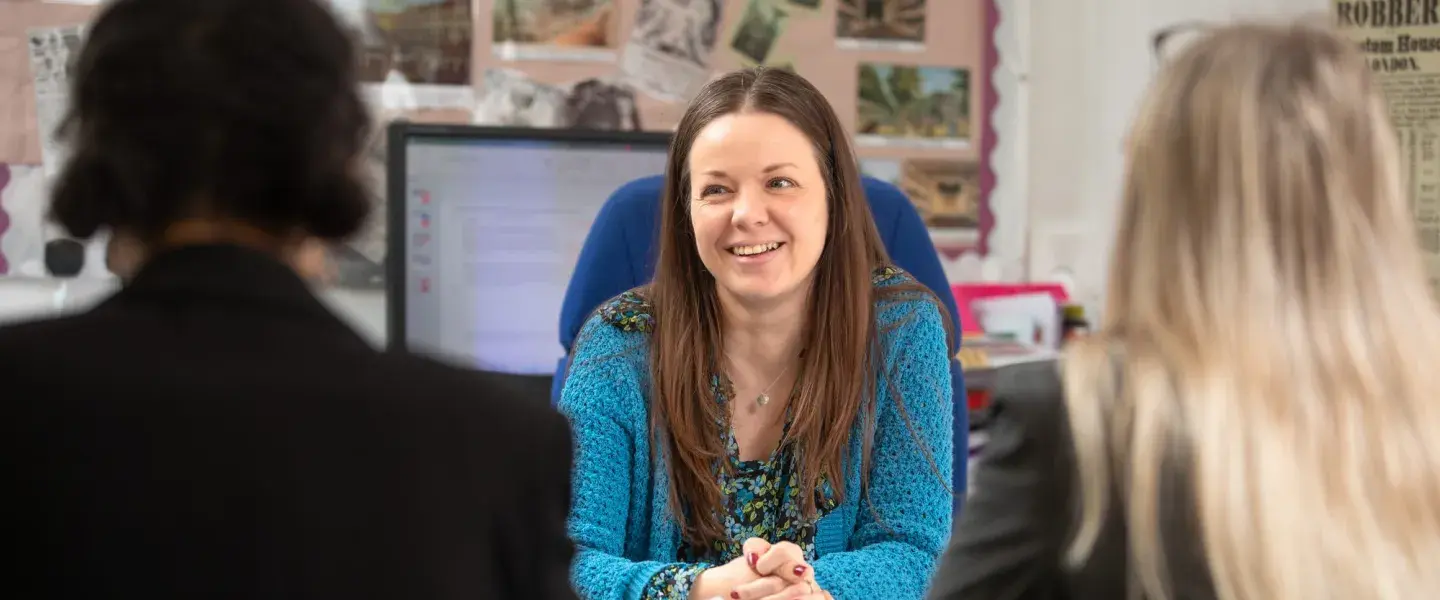People live in the present. They plan for and worry about the future. Given all the demands of modern life, why bother with what has been?
Apart from being extremely enjoyable, history offers a wealth of information about how people and societies behave. Any time we try to know why something has happened—whether a shift in political dominance, the development of a new surgical procedure or war in the middle east, we have to look for factors that took shape earlier.
The AQA A-level History course gives students the opportunity to study periods and historical genres which they may not have encountered before.
Over the course of two years, students cover two units. Unit 1 focusses on the challenges facing Britain in the years 1851-1964, whereas Unit 2 takes an in-depth look at international relations across the period 1890-1941. The two examined units are equally weighted at 40% each. Students also undertake an independent historical enquiry on the causes of the Great European witch-hunts, c.1560-c.1660. The independent enquiry is worth 20%.
History opens doors to a variety of different careers. Many former history students put their skills to good use in law, the civil service, politics, the diplomatic service and the media. Others find themselves maintaining a more immediate connection with the past working as archaeologists, archivists, genealogists or roles in museums. The more artistic historian may find herself designing sets in the West End!
The A-level history course is challenging. It’s advisable that you have a minimum of a level 6 (B grade) at GCSE. High levels of literacy are needed. Candidates who have not studied the subject at GCSE level can still consider History at A-level.
Human history becomes more and more a race between education and catastrophe
H. G. Wells
